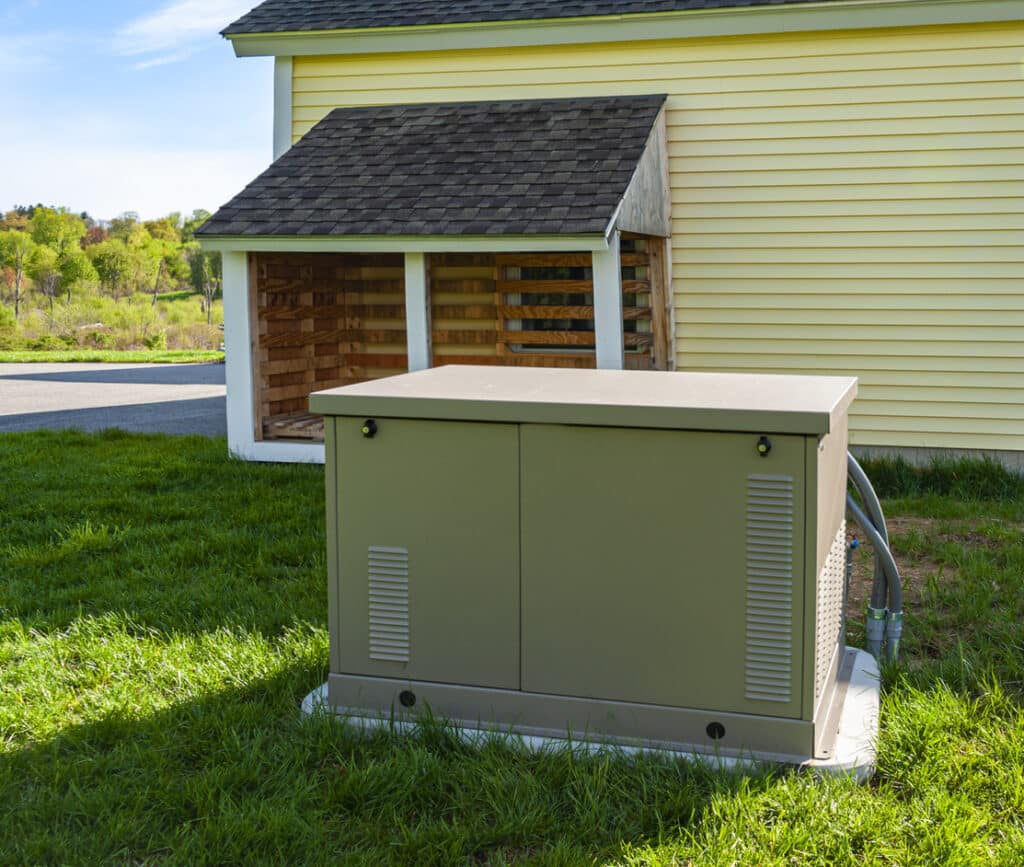Generators provide a reliable and efficient power source for your home or business if there is a power outage. Several types of generators exist, including small residential standby generators and diesel-powered commercial generators. These types are powered by engines that can run on diesel, natural gas, propane, or gasoline. The engine generates electricity, which is then stored in a battery or sent to the electric grid.
The generators require regular maintenance to run efficiently and effectively. Failure to do so could result in a costly loss of functioning and damage to the generator. This could potentially leave homeowners or businesses without power.
1. Clean the Filters
If you have never cleaned your generator’s filters, it may be time. A dirty air filter could cause the engine to burn more fuel than necessary, leading to a spike in fuel costs and increased carbon emissions. The filter must be kept clean for proper airflow. This can minimize wear and tear on the engine and make it run more efficiently.
Replace the oil, fuel, and air filters when they become clogged. Some manufacturers recommend changing all the filters at the start of each new season. Check your owner’s manual for specific instructions.
2. Change the Spark Plugs
The plugs ignite the fuel and air mixture. Over time, they will wear out. This can lead to misfiring, which can cause the engine to burn more fuel and wear out more quickly. They may fail to fire simultaneously, causing a gap in the firing order.
Changing the plugs will help prevent these problems. If you are having difficulty with misfiring, check the rotor gap. If the crack is too high, it will cause misfiring. If the gap is too low, it will cause carbon deposits and increased fuel consumption. The best thing to do is inspect your spark plugs, replace them if worn out, and try again.
3. Test the Transfer Switch
A transfer switch is designed to provide a safe and reliable interconnection between a generator and utility service. It connects, disconnects, or isolates a home’s electrical system from the utility power. Some transfer switches are automatic, which means they will automatically start the generator when there is a power failure, or they can be manually operated. The transfer switch must be tested every six months to ensure it works properly. A professional electrician should test it to prevent damage to your home’s electrical system.
Inspect the wiring going to and from the transfer switch and the contacts to ensure they are clean and in good condition. Check any fuses or circuit breakers to ensure they work correctly, and replace them if necessary. Always disconnect the service from the utility source before doing any testing or maintenance on the transfer switch.
4. Tune-Up Your Engine and Carburetor
An engine running under a heavy load can wear out quickly if it does not receive regular tune-ups. This can cause problems with fuel consumption, engine performance, and fuel emissions. A professional electrician can test the engine to ensure it runs at peak performance and works safely and reliably.
Tune-ups will also include replacing oil, installing new filters, checking spark plug gaps, adjusting the engine timing, and testing the battery. The carburetor will be adjusted to help improve performance and fuel efficiency. You should perform an annual tune-up on your generator to maximize its efficiency and keep it running smoothly.
Proper generator maintenance is essential to be prepared for a power outage. By having a well-maintained generator, you can keep your family safe and secure during emergencies. Contact Comeaux Electrical Services for a new generator installation in Lafayette, LA. Our trained and certified electricians will provide the high-quality service and expertise you deserve.


